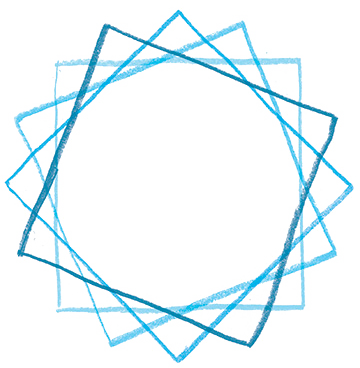Narrative reports
Why Do We Write Narrative Reports?
What about grades?
At Randolph School we believe that what and how children learn is much too complex to be assigned a grade. Narrative reports are more personal and less competitive, and allow teachers to convey authentic information about a child’s development. Parent-teacher conferences create opportunities for genuine dialogue about each child’s unique strengths and challenges. The November and March conferences, the mid-year and end-of-year reports, and our ongoing communications with each family provide a variety of perspectives on each child’s experiences every year at Randolph School.
What does a narrative report include?
We focus on the development of the whole child at Randolph, looking closely at each individual and every aspect of her learning and his growth. We know that children learn best when they are deeply engaged, making connections, and building on prior knowledge and experiences.
As parents read their children’s reports, we ask them to notice how we pay attention to who she is as a person, to how he is growing socially and emotionally. Children here make choices and learn to be independent decision-makers who are members of a respectful learning community. Their social-emotional experiences exist interdependently with the intellectual learning children do. Academic work focuses on skills and concepts in numeracy, literacy, science, social studies, and the arts. For younger children, cognitive learning is embedded in their exploration and play. As children get older, they do ongoing projects, have discussions, and practice new skills. Notice how your child is working to read, research, think, problem-solve and reflect like a mathematician, scientist, historian, writer, musician, and artist. And as children explore the world around them, they become more capable and confident with their physical selves, too – small tactile activity, big movements, and sustained exercise are all part of their development as learners and doers.
The work our children do each day and throughout the weeks and months is based on how children learn at each stage of development and on the needs of each individual within a group or age range. When teaching and learning is responsive to children, they feel both nurtured and challenged. That is our goal. Hopefully, each narrative report shines light onto how each child is growing at school…strengthening her strengths, negotiating his challenges, and being a creative, kind, curious person who both loves and knows how to learn.
Why a mid-year report?
The mid-year report has a slightly different intention than the other ways we communicate together throughout the year. Imagine taking a long hike along a river or up a mountain… At some point, it is both important and necessary to pause and take a breath, look out at the view, and consider both how far we’ve come and where we’re going. The goal of the mid-year report is to share with parents insight into their children’s work and learning – what was she like in September? how has he grown? what new skills are emerging? what is she still working on? how can we all continue to support him in school and at home?
We want feedback about these mid-year and end-of-year reports, and encourage parents to ask questions and share their thoughts. Narrative reports are just one aspect of our home-school connection and dialogue.
